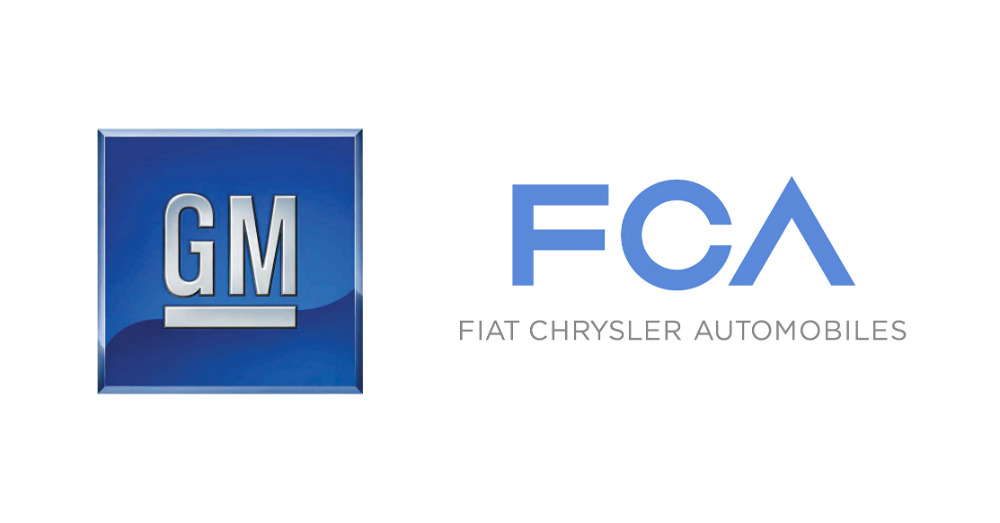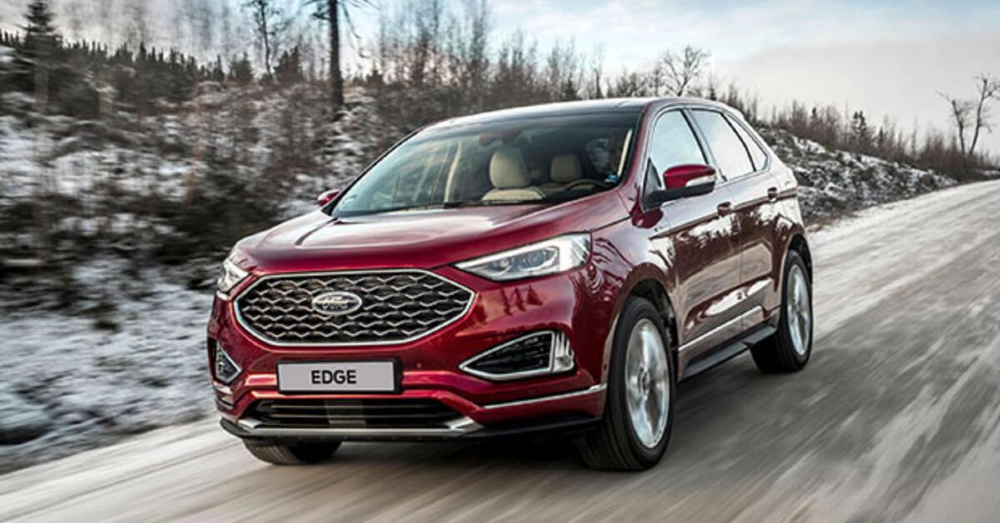We have seen a variety of different types of automotive company marriages in the history of the industry, some that have worked well and others that have fallen short of any mark of a partnership. The ones that seem to work the best happen when there is a parent company that takes over and purchases another company to put under its umbrella of protection and guidance. With this in mind, the merger that seems to be looming is one that could take place between FCA and GM, which sounds good on the outset, but let’s look at some history and numbers.
First of all, the history, Chrysler has been in a relationship that would have to be what this one is before with Diamler. When this was the case the products from Diamler-Chrysler were amazing, but the partnership was very short lived because both sides were not honest with each other about what they brought to the table, there was little to no sharing of technologies amongst brands or across platforms and eventually the partnership had to be dissolved due to too many differences between the companies and brands that simply did not work together at all.
Looking at some numbers, FCA sold 4.75 million vehicles last year and earned $2.4 billion in net income while GM sold 9.9 million vehicles for $2.8 billion in net income. This sounds like FCA knows how to make a profit by having less than have the vehicles sold but nearly as much in overall income, but that is not the whole story at all. When you dial down and review the lineups and vehicles that fall under each company its actually easy to see why GM might not want a merger, but it certainly shows a story of why they could as well.
Let me explain, FCA has much higher end vehicles than GM. Ferrari is under the umbrella, Fiat of course and even the Chrysler lineup offers a range of more expensive and higher quality models that play in a price range that is much higher than many of the GM models. GM on the other hand appeals to the average driver, the driver just starting out and the parent buying a vehicle for their young student to drive. Even though Jeep and Ram Trucks is still part of FCA, the look and cornerstone of the FCA model offerings don’t include a wide selection of basic models that are purchased by more drivers.
Even though these differences could easily keep the two companies from blending together easily, the fact is a real merger, with shared technologies between the two could really boost some vehicles well beyond what they are now. Can you imagine a Dodge Viper with some Chevrolet Corvette tech underneath or vice versa? Even more appealing may be to see Ferrari inspired parts and engineering on some of the GM models that would certainly make for a more interesting and intriguing sharing.
Of course technology sharing has worked under the Volkswagen Group for years which is finally changing to four different entities, but all were under the Volkswagen umbrella and not a partner of the parent. What we have seen in the past is these mergers don’t tend to work well together. It’s hard to change over 100 years of competing with each other to come together and work with each other, but FCA has already begun answering questions regarding the possibilities, thus putting the proverbial bug in the ear of GM. Will this merger happen? If it does what will happen and what brands will we see deleted from lineups? I guess we just have to watch the wire and see what comes from the possible pairing of these two automotive powers.
This post may contain affiliate links. Meaning a commission is given should you decide to make a purchase through these links, at no cost to you. All products shown are researched and tested to give an accurate review for you.





